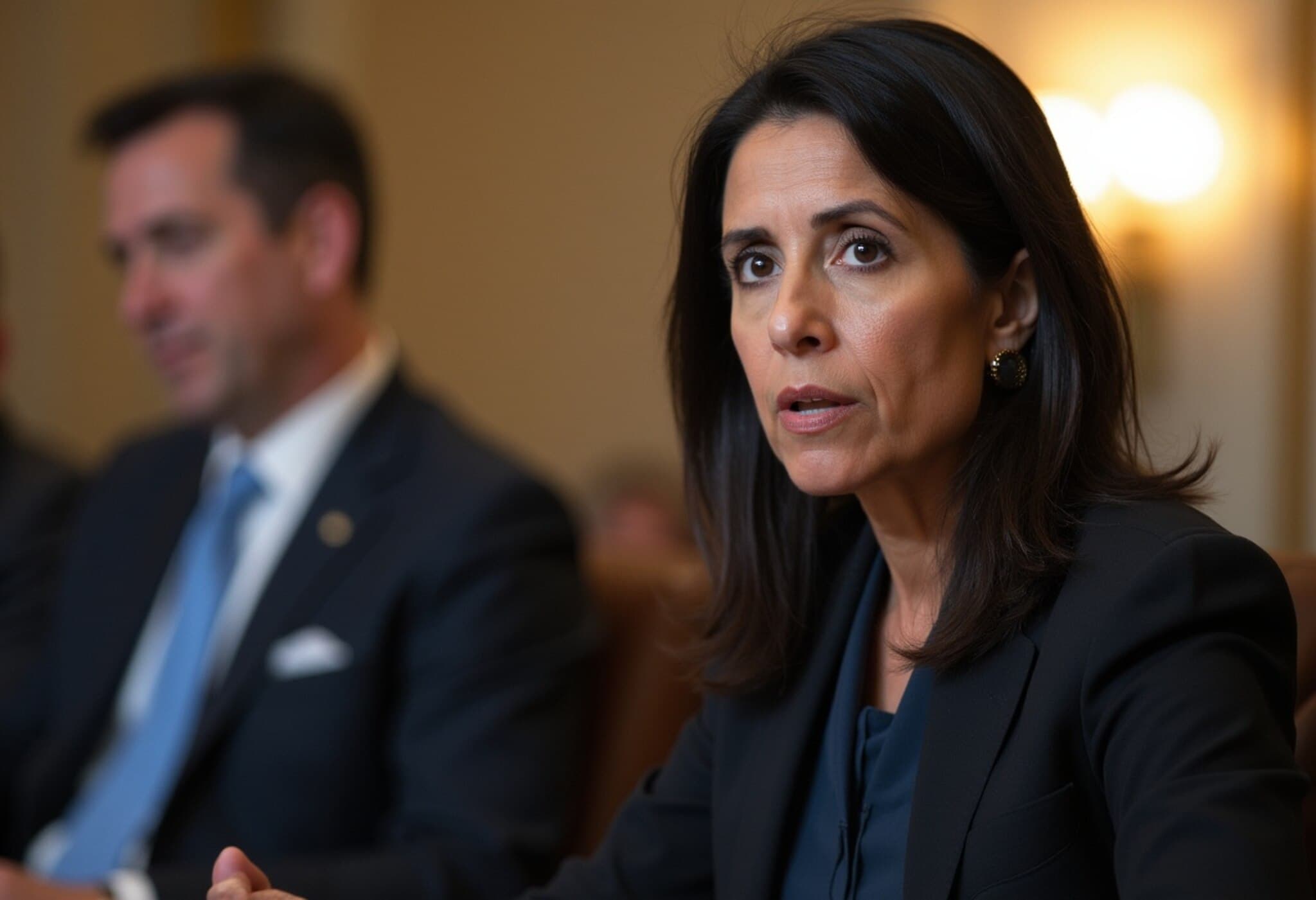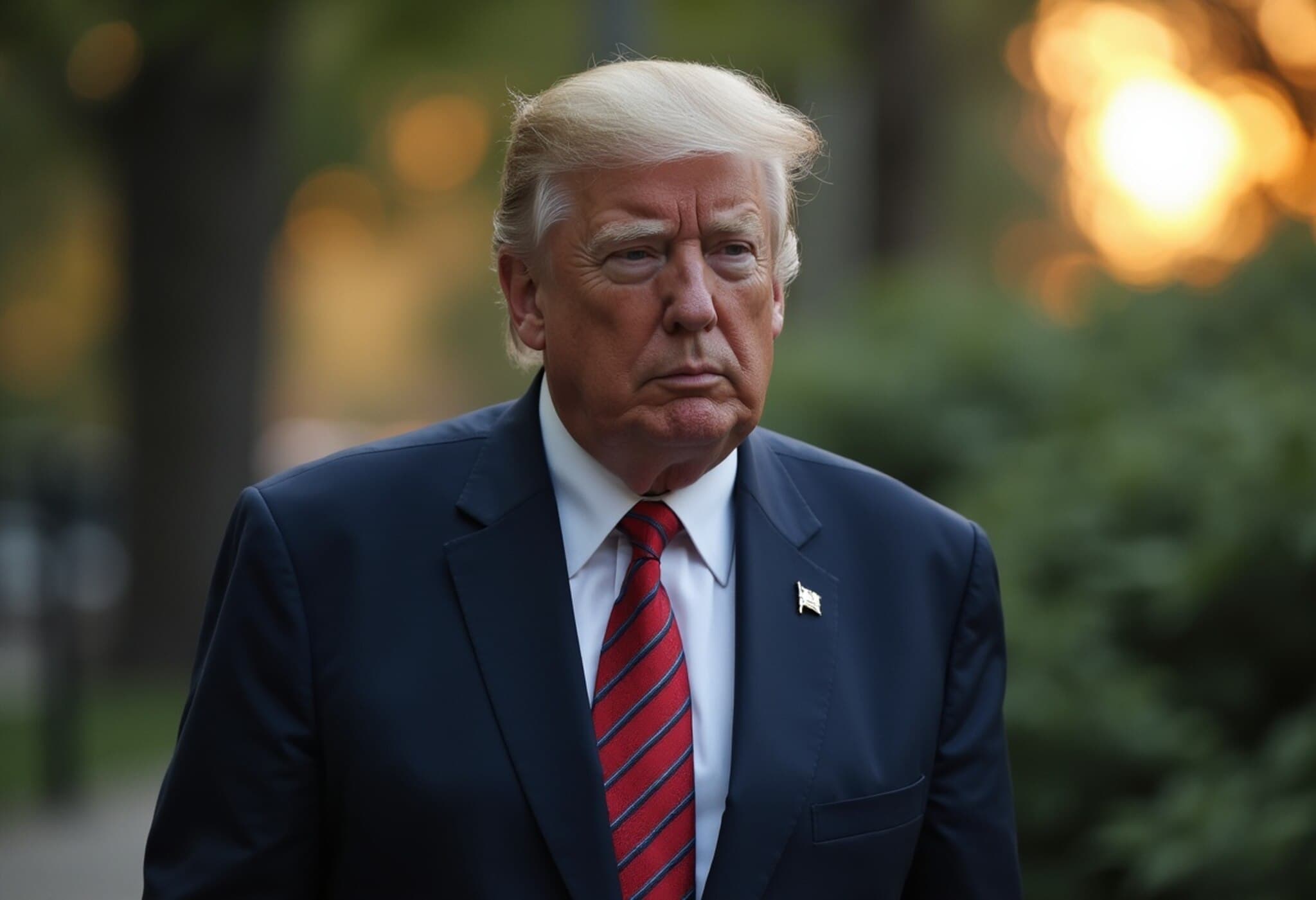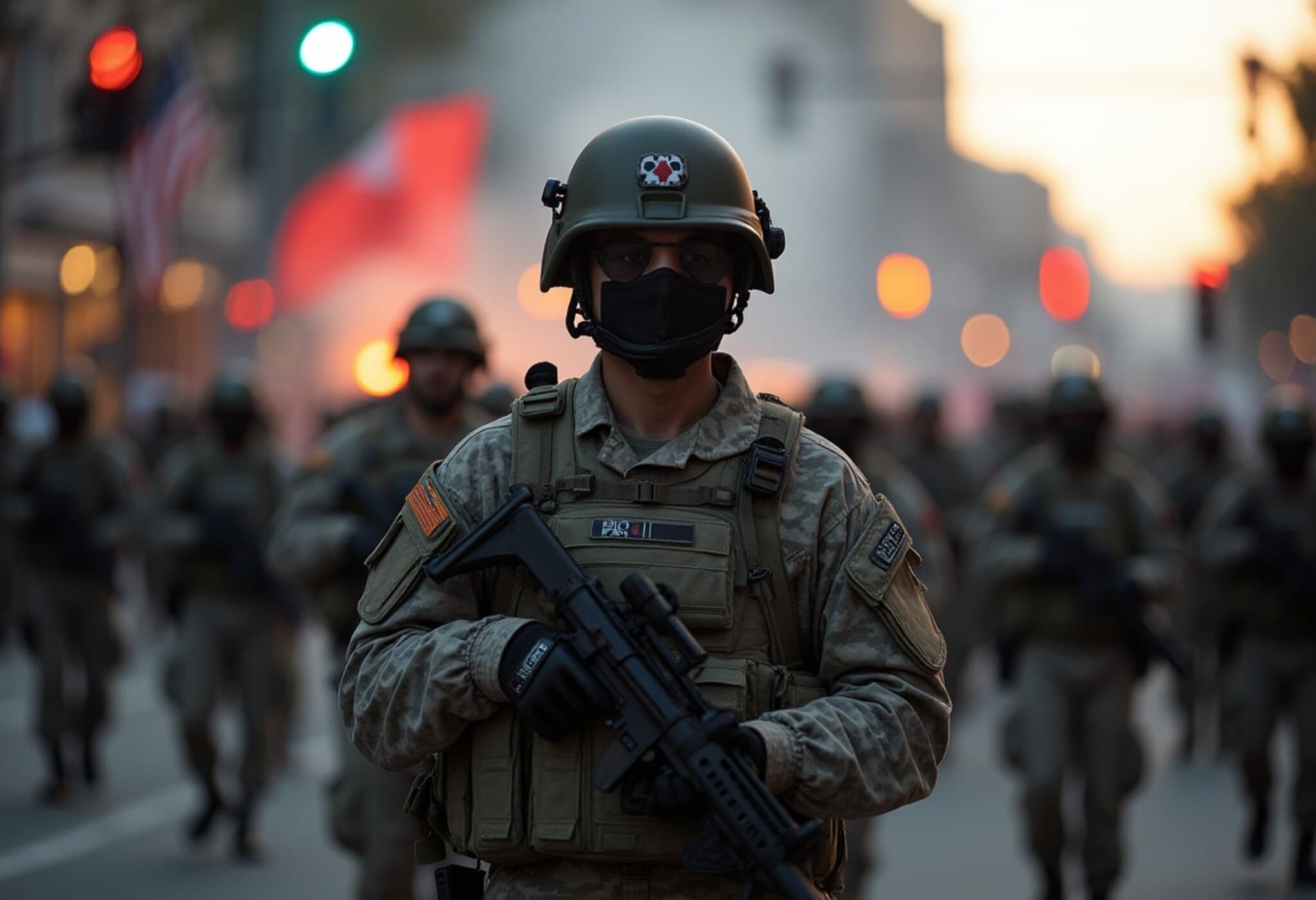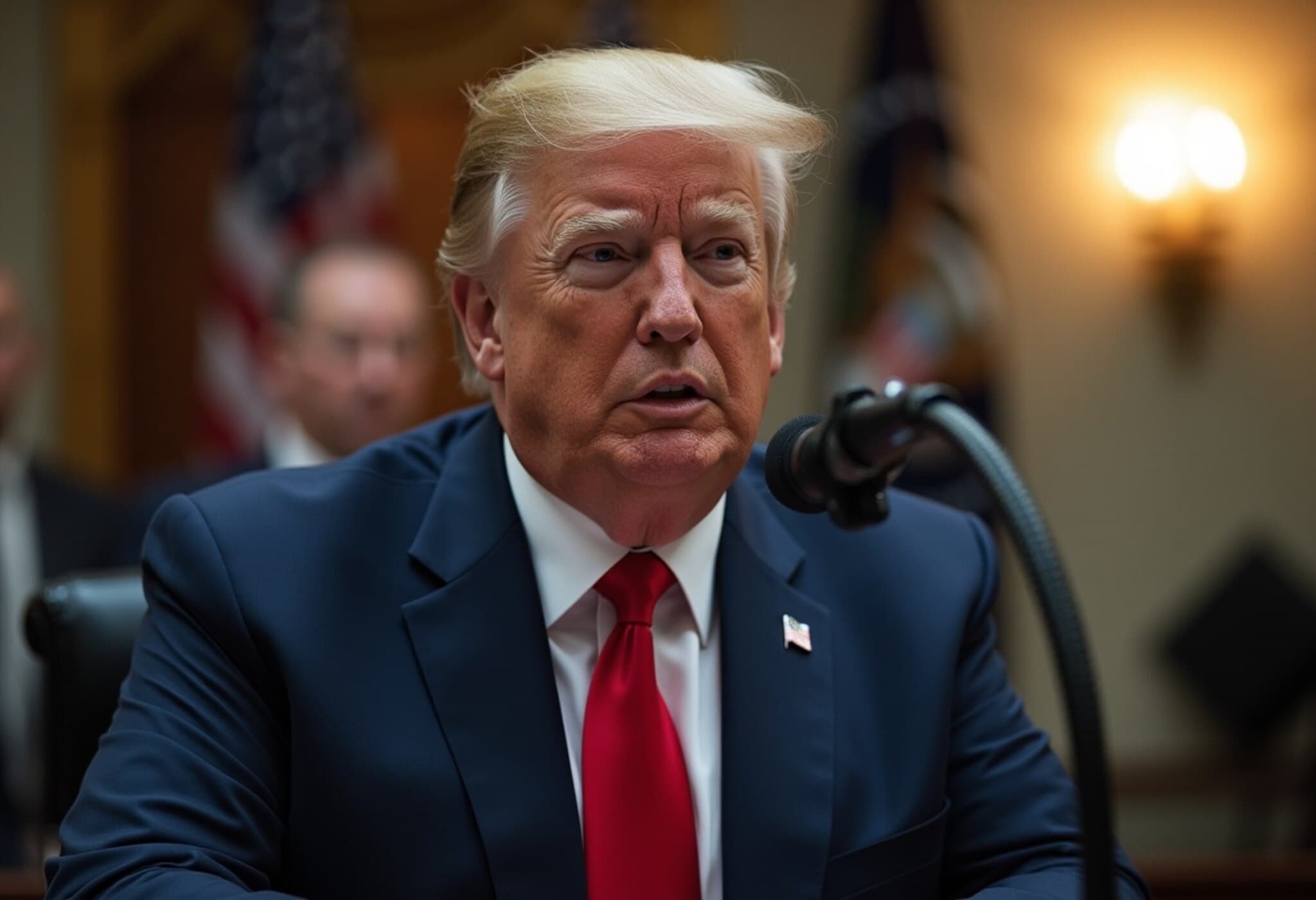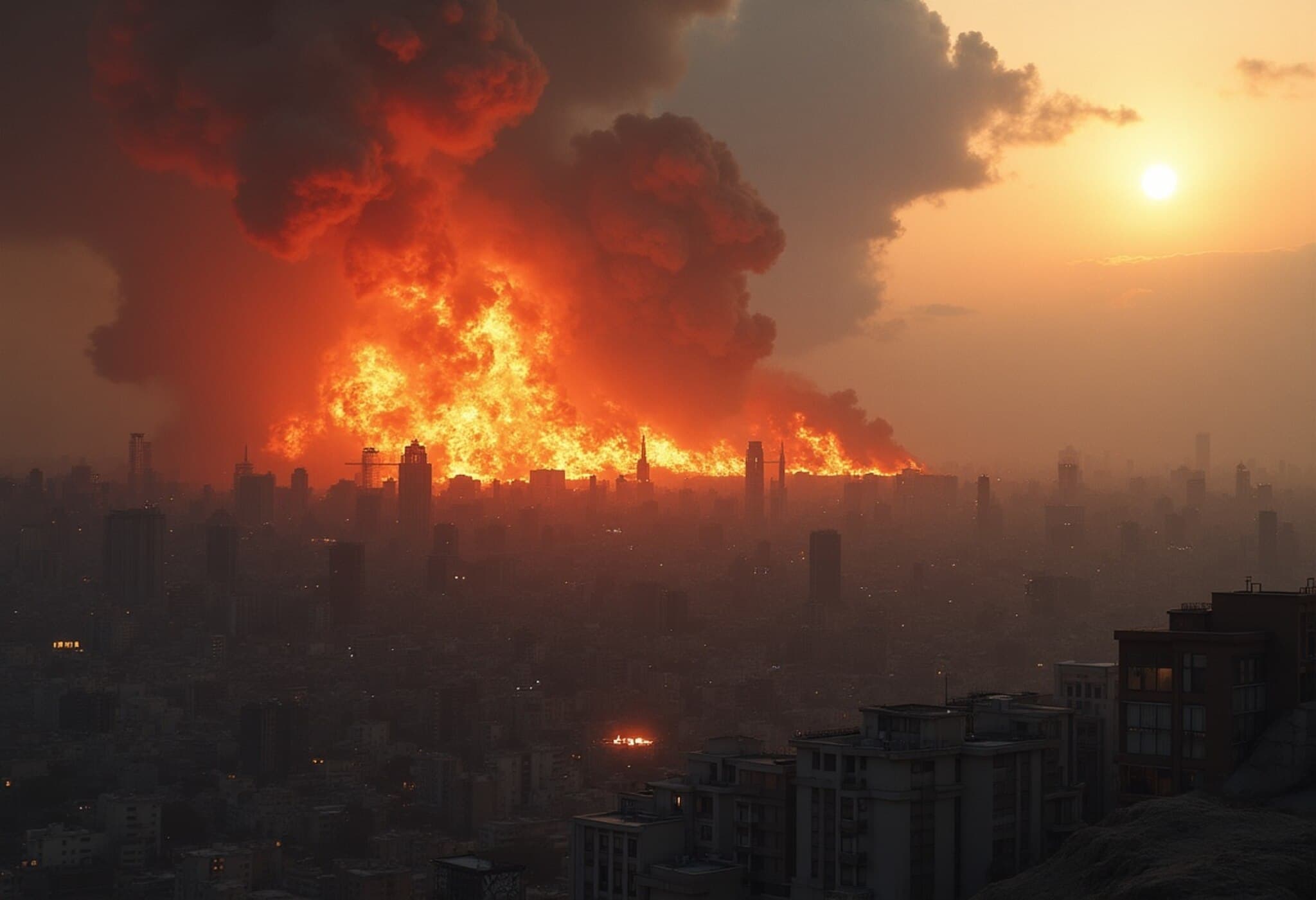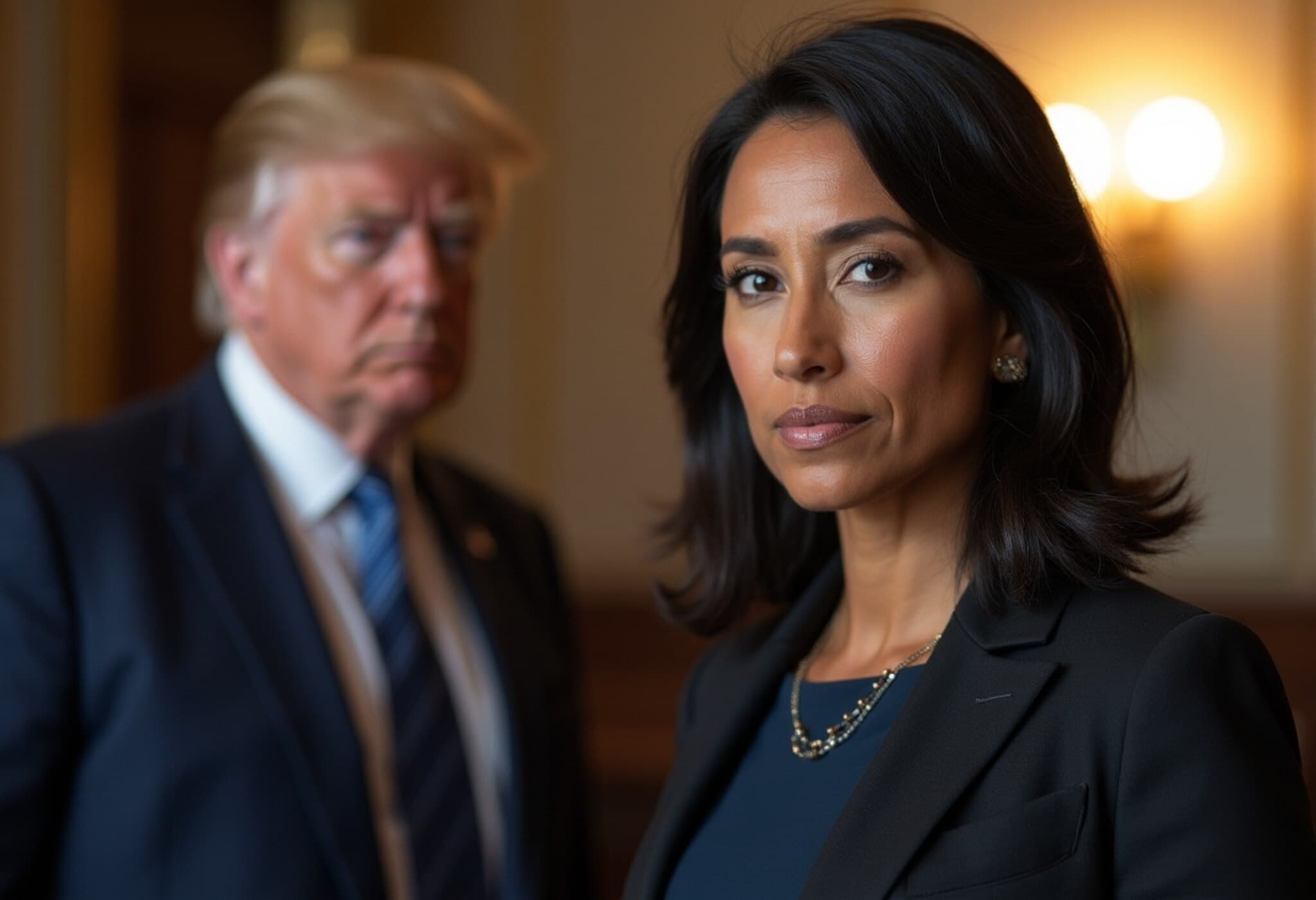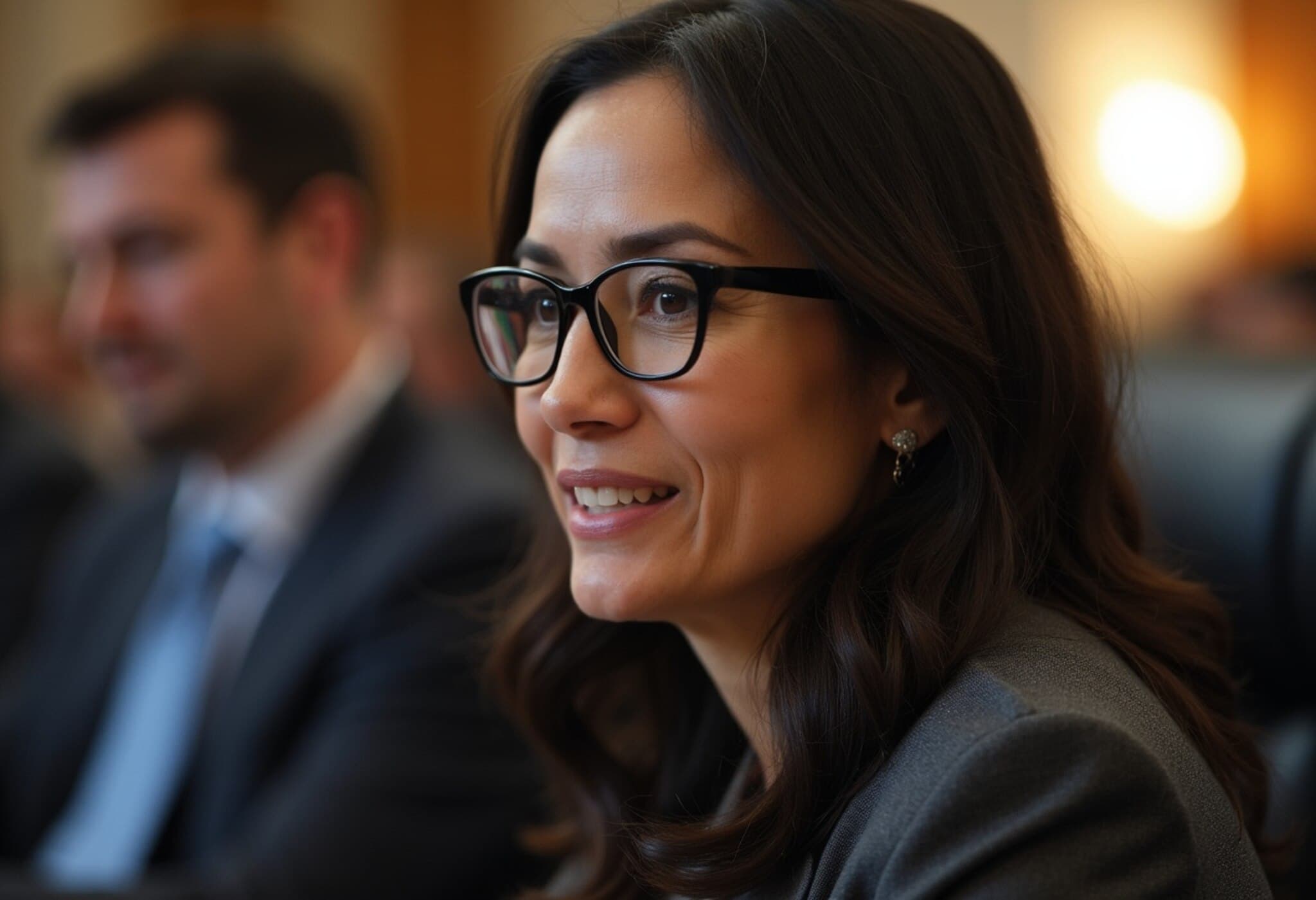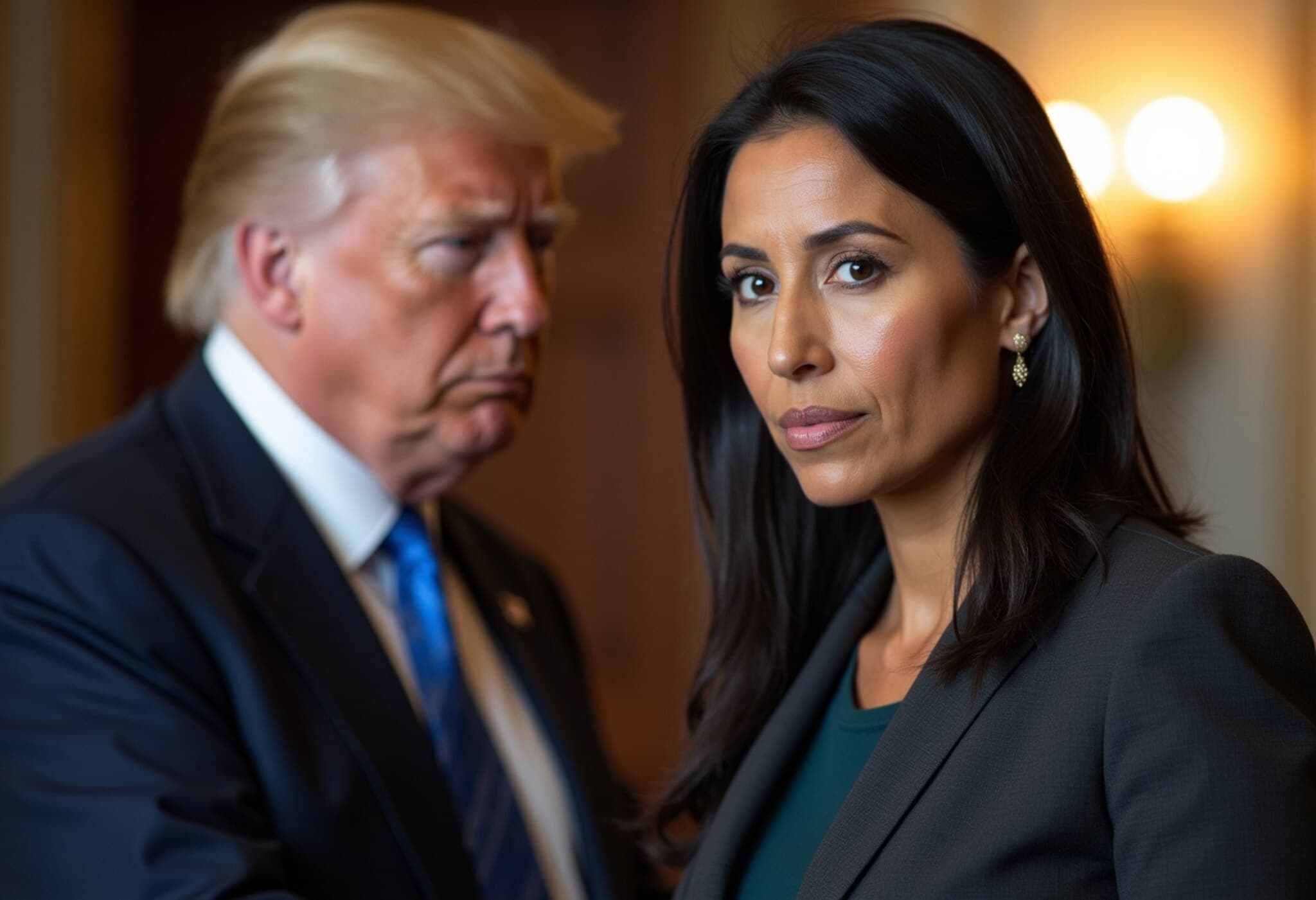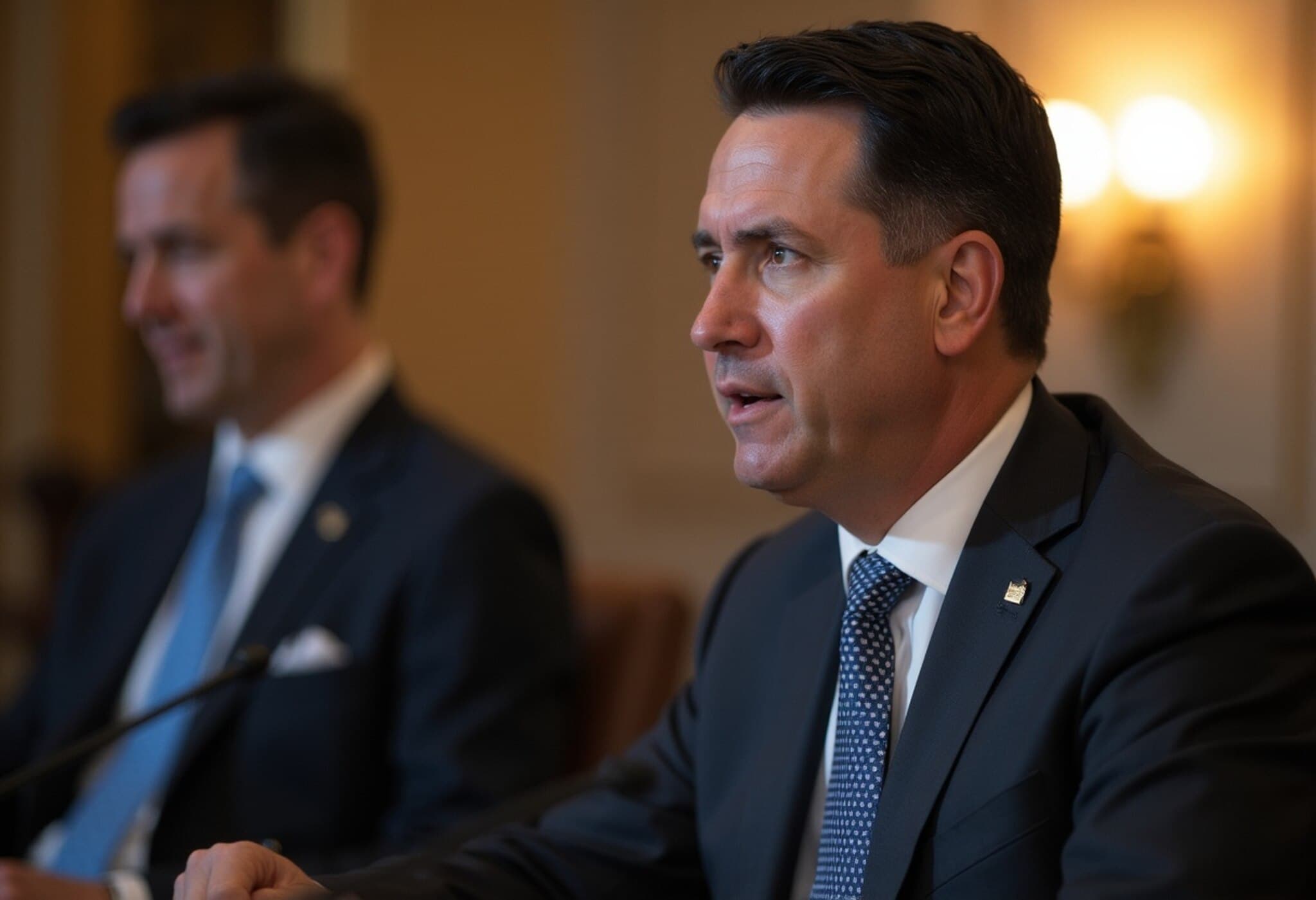White House Tightens Intelligence Sharing Amid Iran Nuclear Strike Controversy
In a significant move following contradictions over recent US airstrikes on Iranian nuclear sites, the White House has curbed the flow of classified intelligence to Congress. This decision comes after leaks disputed President Donald Trump's assertion that the strikes completely destroyed Iran's nuclear program.
Exclusion of Tulsi Gabbard From Key Briefing
Adding to tensions, Director of National Intelligence Tulsi Gabbard has been notably omitted from a pivotal closed-door Senate briefing scheduled for Thursday. The session will include Defense Secretary Pete Hegseth, Secretary of State Marco Rubio, CIA Director John Ratcliffe, and Joint Chiefs Chairman General Dan Caine. Insiders emphasize that Ratcliffe will represent the intelligence community's perspective.
President Trump has dismissed Gabbard's prior testimony, which suggested Iran still possesses nuclear weapons capabilities, labeling it as incorrect. Multiple officials, both current and former, acknowledge that she has been sidelined from critical White House discussions related to the Iran-Israel situation, even as administration aides affirm she retains important intelligence responsibilities.
Conflicting Assessments on Damage to Iran’s Nuclear Program
The debate ignited after a US intelligence assessment indicated that the Trump-ordered strikes delayed but did not annihilate Iran’s nuclear ambitions. The White House vehemently rejects this conclusion, maintaining that missile and air attacks inflicted devastating damage.
On Wednesday, CIA Director John Ratcliffe released a statement asserting the strikes had "severely damaged" Iran's program—a narrative likely to be presented to senators. Meanwhile, military evaluations from General Caine remain cautious, indicating ongoing assessment but preliminary reports show "extremely severe damage and destruction."
Congress Pushes Back Against Restricted Access
The administration’s move to limit intelligence briefings has sparked sharp criticism on Capitol Hill. Senate Minority Leader Charles E. Schumer has called for immediate reversal, insisting the White House cannot stonewall Congress on such vital national security issues. He emphasized that lawmakers have the right and legal obligation to be fully informed.
Democrats have also condemned delays in formally notifying Congress about the strikes. According to law, timely congressional notification is mandatory for actions of this nature. In defense, President Trump argued in a memo that the strikes fell under his constitutional authority to protect the nation and advance security interests.
Looking Ahead
The evolving standoff highlights tensions between the White House and Congress over intelligence sharing and transparency in matters of foreign conflict. With the Thursday briefing imminent, all eyes will be on how the administration balances national security secrecy with congressional oversight.

